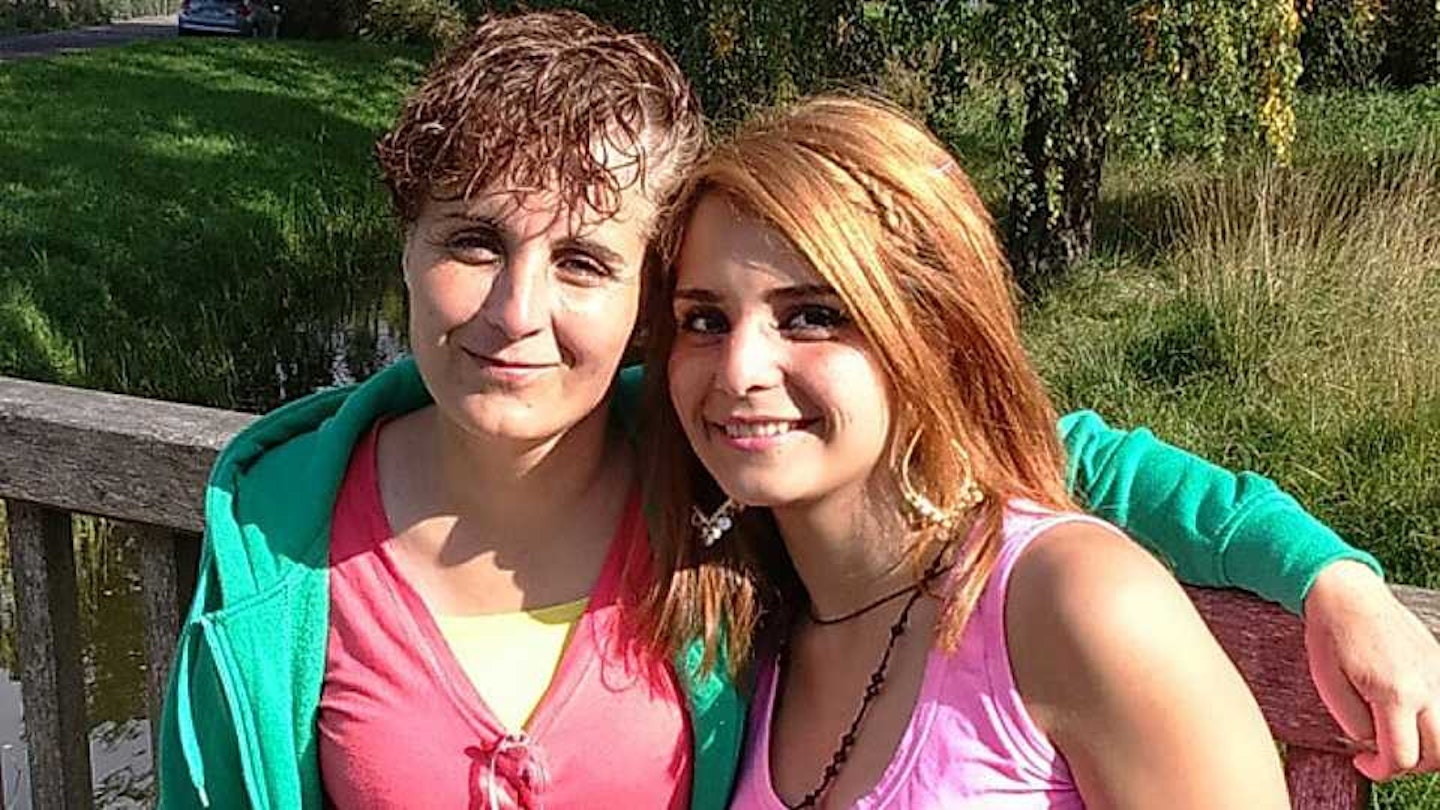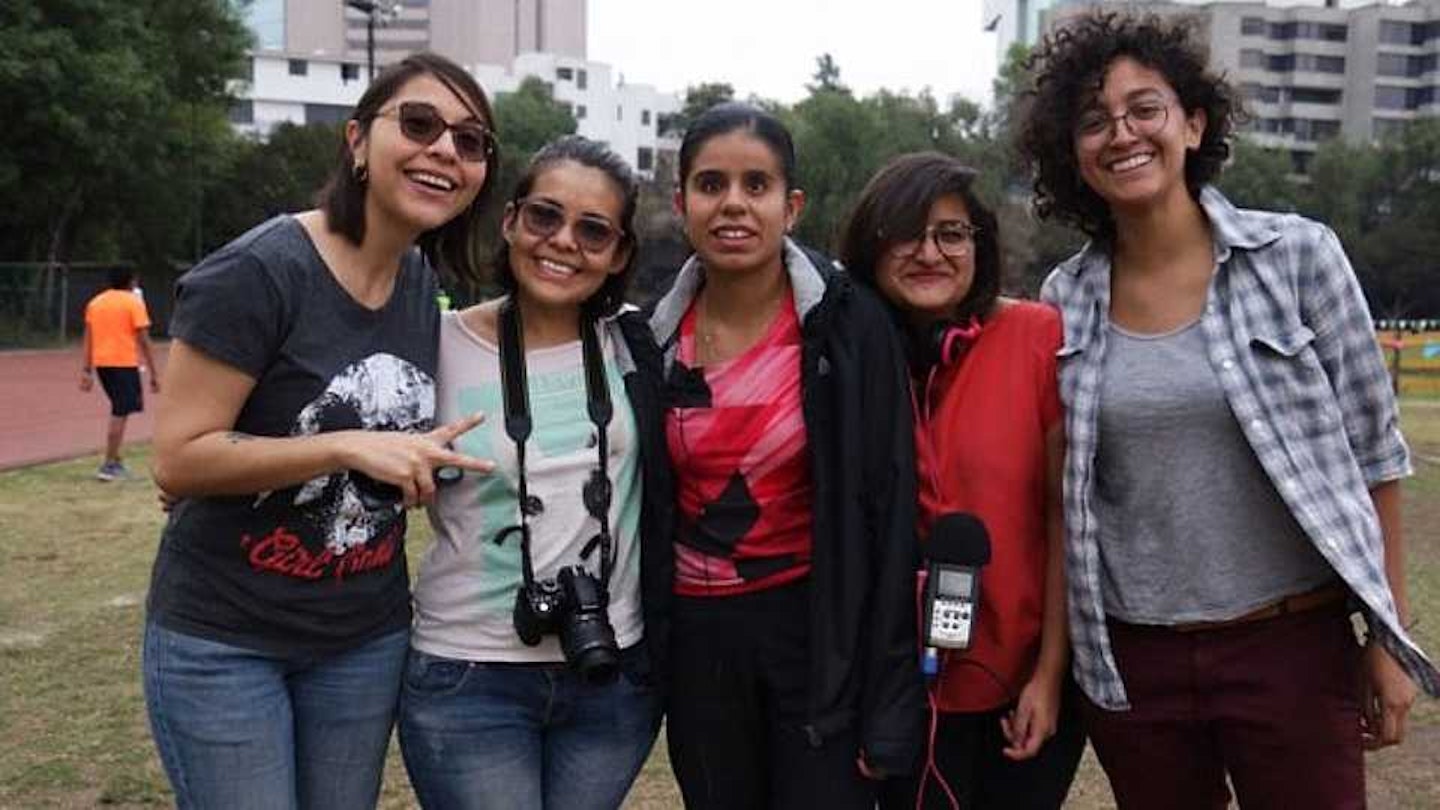The British Pregnancy Advisory Service (bpas) has found that women in the UK with medical conditions including epilepsy, heart problems, and cancer struggle to obtain abortion care, even though in some cases the continuation of the pregnancy poses a significant threat to their health. The service, which has helped nearly 3,000 women with medical issues get access to abortion in 2016 and 2017, have concluded that ‘women are being compelled to continue pregnancies they do not want due to a lack of appropriate services, or endure stressful, long waits for care while also coping with a health condition that may be exacerbated by pregnancy’. These are women who depend on NHS care and can’t be seen in stand-alone medical clinics, like those run by bpas.
On 46 occasions in 2016 and 2017, bpas was unable to secure suitable NHS hospital treatment for these women by the strict legal cut-off point of 24 weeks. These women are who are often in domestic abuse or precarious financial situations and whose medical issues don’t manifest until the end of the second trimester of their pregnancy. For example, a teenager who has just left foster care who lives alone and feels unprepared to be a parent, also suffering from thyroid problems and in risk of a thyroid storm - a fatal condition when not treated immediately - contacted bpas 22 weeks into her pregnancy due to lack of access to abortion services. Even in cases where a pregnancy is wanted, health conditions can make terminating the pregnancy necessary. One woman whose pregnancy was planned, saw her health quickly deteriorate due to pulmonary fibrosis. She decided she needed to terminate her pregnancy, in order to be able to care for her other child and a husband with disabilities. She contacted bpas at 22 weeks after obtaining no access to abortion services. In other cases, women must sometimes wait many weeks before an abortion appointment can be found. In one case, a mother with cancer whose treatment could not start until the abortion was performed waited 45 days for an appointment.
Women in more isolated areas, who can’t afford to travel or are physically unable to do so, are also at particular risk given that the 3 hospitals that are able to provide care up to the legal limit of 24 weeks in these circumstances are all located in London.
According to bpas, ‘Work is underway to commission a specialist pathway for women who cannot be cared for in stand-alone clinics. The Royal College of Obstetricians and Gynaecologists (RCOG) has also established an Abortion Taskforce to improve women’s access to high quality abortion care. bpas will do all it can to support these initiatives’. Ultimately, it is necessary to decriminalize abortion in any way and have the prosecution of those who perform abortions ended, enabling it to be regulated in the same way as other comparable healthcare procedures. The criminal law around termination of pregnancy keeps doctors from training in this area, and has ‘inhibited the development of integrated women's reproductive healthcare services’. The 1967 Abortion Act did not decriminalise abortion – it only made it legal when 2 doctors authorise the procedure on specific grounds. This mean that any abortion performed outside of the act carries the threat of life in prison, keeping hundreds of women from being able to have proper access to a sometimes lifesaving service.
Ann Furedi, chief executive of the British Pregnancy Advisory Service, said:
‘Those opposed to abortion sometimes claim there are ‘too many’ abortions, or casually declare that the time limit needs to be reduced. The fact is that in 21st Century Britain, there are women who are not getting the abortions they need, despite fully meeting the grounds of the 1967 Abortion Act.
‘These are women for whom the continuation of the pregnancy threatens their health. These are women with existing children to care for. These are women who are often in complex social circumstances at the same time as struggling to deal with a health condition and an unwanted pregnancy.
‘There is no one single solution to problems with service provision – but one thing is certain. While abortion remains in the criminal law, separated and stigmatised, we will struggle to provide women with the reproductive healthcare services they need and deserve. Abortion is part and parcel of women’s healthcare. It should be regulated and delivered as such.’
Debrief Articles To Read To Be A Better Feminist
 1 of 9
1 of 9We Meet The Northern Irish Women Theresa May Has Betrayed In Her Deal With The DUP
[As Theresa May signs a deal with Northern Ireland's DUP The Debrief speaks to the women campaigning for abortion rights in Northern Ireland.](http://As Theresa May signs a deal with Northern Ireland's DUP The Debrief speaks to the women campaigning for abortion rights in Northern Ireland.Photography by Jade Jackman)
 2 of 9
2 of 9Abortion Is Illegal In Brazil: That Doesn't Mean It's Not Happening, It Means It's Not Safe
 3 of 9
3 of 9'I Won't Lie, I Can't Lie To You and Say I Am Happy Here.'- What It's Like To Be A 20-Something Syrian Female Refugee Living In Germany
 4 of 9
4 of 9Beware The Faux Awokening: Being Woke Has To Exist Beyond The Hashtags
 5 of 9
5 of 9Meet The Luchadoras: The Women Taking On Misogyny In Mexico
 6 of 9
6 of 9Mental Healthcare In The UK (Still) Has A Huge Race Problem
 7 of 9
7 of 9Period Poverty Is Much More Common Than You Think
 8 of 9
8 of 9My Family And I Rely On Social Housing: Where Will We Live When It Disappears?
 9 of 9
9 of 9Yes, The UK Does Have A Race Problem. And It's Just As Troubling As America's
This article originally appeared on The Debrief.
